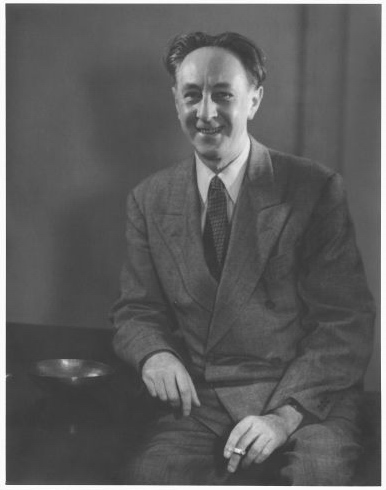It seems we can’t find what you’re looking for. Perhaps searching can help.
Bohuslav Martinů
Bohuslav Martinů (1890–1959) was a prolific Czech composer, whose modernist works incorporate a synthesis of French, Czech, and American influences, reflecting the cosmopolitan nature of his life and career.
Born on December 8, 1890, in Polička, Bohemia, Martinů was initially taught violin by his father. He entered the Prague Conservatory but was expelled for “incorrigible negligence.” Despite this setback, Martinů continued to develop as a composer and violinist, eventually joining the Czech Philharmonic Orchestra before moving to Paris in 1923 to study composition.
Paris during the interwar period was a hub of artistic innovation, and Martinů was significantly influenced by the avant-garde music scene, assimilating influences from Neo-Classicism, jazz, and surrealism. He composed a wide range of works, including symphonies, chamber music, operas, ballets, and concertos. His style is characterized by rhythmic vitality, melodic inventiveness, and a unique harmonic language.
The outbreak of World War II forced Martinů to flee Paris, and he eventually settled in the United States in 1941. During this period, he composed some of his most celebrated works, including the “Memorial to Lidice,” reflecting his response to the war and the destruction of the Czech village of Lidice by the Nazis.
Martinů’s output was prodigious, and he was known for his exceptional speed in composing, often working on multiple compositions simultaneously. His six symphonies, written during his American years, are particularly notable for their integration of his Czech musical heritage with contemporary and American influences.
After the war, Martinů became a U.S. citizen but also lived in France and Switzerland. He never returned to his homeland permanently, although he remained deeply connected to his Czech roots, as evidenced in his music. Martinů was also an influential teacher, with notable students including the composers Burt Bacharach and Jan Novák.
Bohuslav Martinů passed away on August 28, 1959, in Liestal, Switzerland. His extensive body of work, while not as immediately accessible as some of his contemporaries, has gained recognition for its originality and expressive range, securing his place as one of the most important Czech composers of the 20th century. His music continues to be performed and recorded, contributing to the rich legacy of Czech national music and the broader landscape of classical music.



